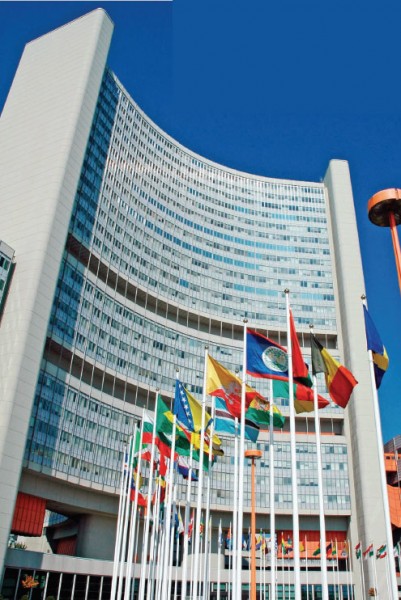Sponsored Content
IAEA Informs Tons of Uranium Disappeared in Libya
According to the International Atomic Energy Agency (IAEA), tons of uranium have disappeared in Libya. The natural uranium is no longer in the facility where it was stored, according to an IAEA letter to the organization's member states.
 The International Atomic Energy Agency with headquarters in Vienna informed about the loss of uranium in Libya. / Picture: © IAEA International Atomic Energy Agency
The International Atomic Energy Agency with headquarters in Vienna informed about the loss of uranium in Libya. / Picture: © IAEA International Atomic Energy Agency
IAEA inspectors "found that 10 drums containing approximately 2.5 tons of natural uranium in the form of UOC (uranium ore concentrate) previously declared by (Libya) ... as being stored at that location were not present at the location," the one-page statement said
or Log In
Fast News Search





